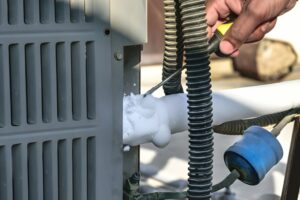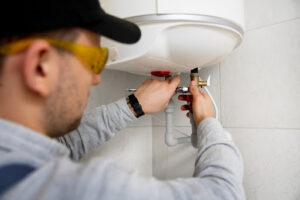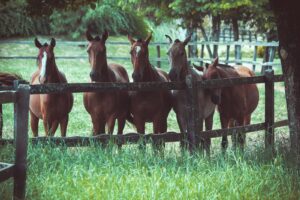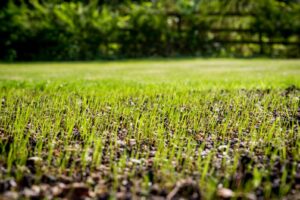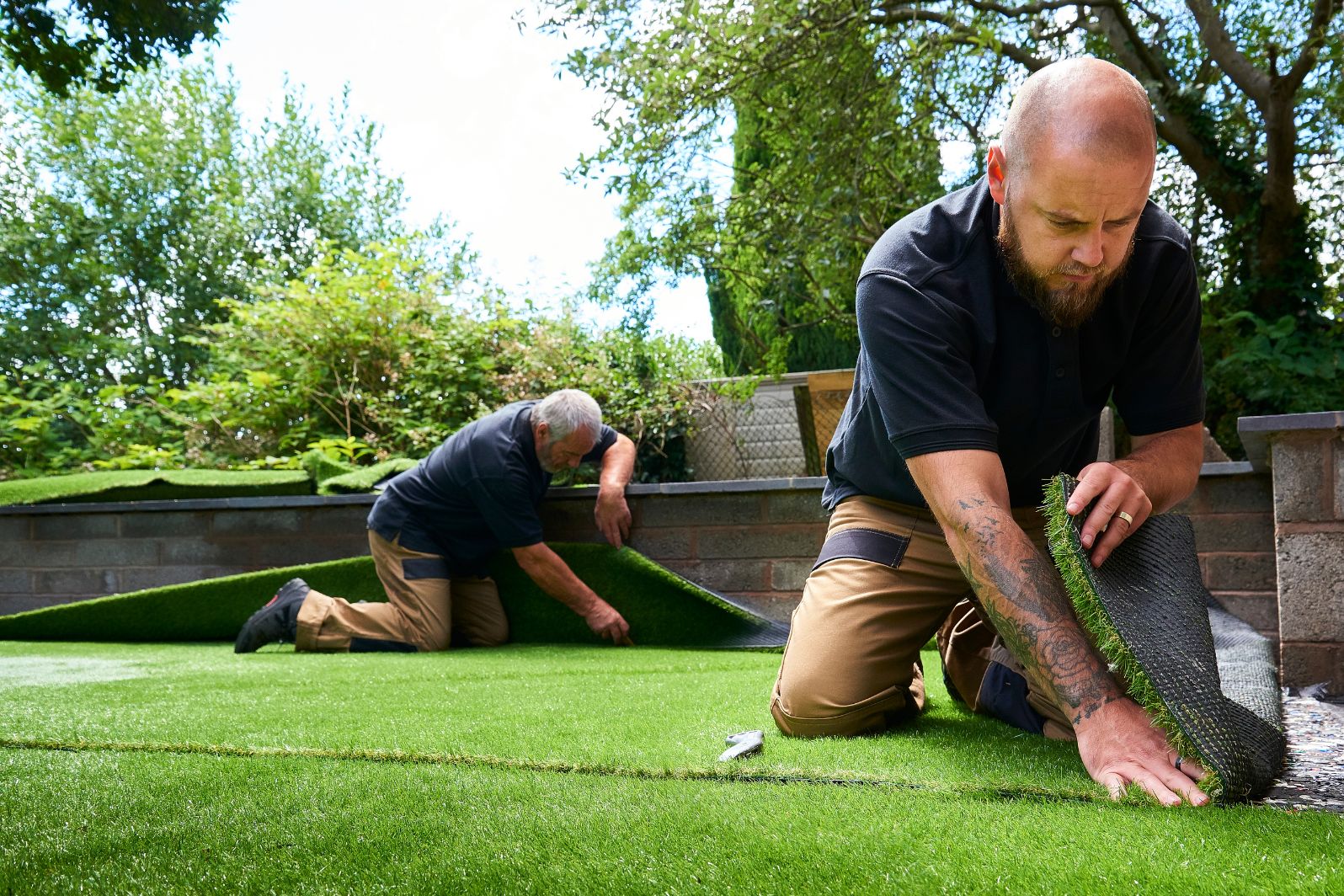
Artificial grass, also known as synthetic turf, has become increasingly popular in recent years as a low-maintenance alternative to natural grass for residential landscaping.
It offers a range of benefits that make it an attractive option for homeowners looking to create a beautiful and functional outdoor space.
In this article, we will explore the advantages of artificial grass and why it might be the right choice for your home.
1. Low Maintenance
One of the most significant benefits of artificial grass is its low maintenance requirements. Unlike natural grass, which requires regular mowing, watering, and fertilizing, artificial grass requires minimal upkeep.
It does not need to be mowed, saving you time and effort. Additionally, artificial grass does not need to be watered, reducing your water consumption and lowering your monthly water bill.
This is particularly beneficial in areas with water restrictions or in regions where droughts are common.
Furthermore, artificial grass does not require fertilizers or pesticides, eliminating the need for chemical treatments that can be harmful to the environment and your family’s health.
Overall, the low maintenance requirements of artificial grass make it a convenient and eco-friendly choice for homeowners.
It saves time, reduces water consumption, and eliminates the need for harmful chemicals. With artificial grass, you can enjoy a beautiful and lush lawn without the hassle of regular maintenance.
2. Year-Round Greenery
Natural grass can look lush and vibrant during the spring and summer months, but it often turns brown and patchy during the winter. This can leave your outdoor space looking dull and unattractive.
Artificial grass, on the other hand, maintains its vibrant green color year-round, regardless of the weather. Whether it’s scorching hot or freezing cold outside, your artificial lawn will always look lush and inviting.
This means that you can enjoy a beautiful outdoor space no matter the season or climate of your region.
3. Durability and Longevity
Artificial grass is designed to withstand heavy foot traffic and harsh weather conditions. It is made from high-quality materials that are resistant to fading, tearing, and discoloration.
This means that your artificial lawn will maintain its pristine appearance for many years, even with regular use. Moreover, artificial grass is UV-stabilized, which prevents it from fading under the sun’s rays.
It is also pet-friendly, as it can withstand the wear and tear caused by pets running and playing on it. With proper installation and maintenance, artificial grass can last up to 20 years, making it a cost-effective investment for homeowners.
Artificial grass is a durable and long-lasting option for homeowners who want to enjoy a beautiful and low-maintenance lawn. Unlike natural grass, artificial grass is designed to withstand heavy foot traffic and harsh weather conditions.
It is made from high-quality materials that are resistant to fading, tearing, and discoloration, ensuring that it will maintain its pristine appearance for many years to come.
One of the key advantages of artificial grass is its UV stability. The grass is treated with UV stabilizers during the manufacturing process, which prevents it from fading under the sun’s rays.
4. Eco-Friendly
Artificial grass offers several environmental benefits that make it an eco-friendly choice for residential landscaping. First and foremost, it conserves water. According to the Environmental Protection Agency, up to 70% of residential water usage goes toward outdoor irrigation.
By switching to artificial grass, you can significantly reduce your water consumption and contribute to water conservation efforts.
Additionally, artificial grass does not require chemical fertilizers or pesticides, which can contaminate the soil and water supply. This means that you can create a safe and healthy outdoor environment for your family and pets.
5. Allergy-Free
For individuals with grass allergies, artificial grass provides a welcome relief. Natural grass can trigger allergic reactions in sensitive individuals, causing symptoms such as sneezing, itching, and watery eyes.
By installing artificial grass, you can enjoy a lush and green outdoor space without the discomfort and inconvenience of allergies.
Artificial grass does not produce pollen, meaning that it won’t exacerbate your allergy symptoms. This is particularly beneficial for children and pets who love to spend time outdoors.
Conclusion
Artificial grass offers numerous benefits for residential landscaping. From its low maintenance requirements to its year-round greenery, durability, and eco-friendliness, it is a practical and attractive alternative to natural grass. By considering the advantages of artificial grass, you can make an informed decision about whether it is the right choice for your home. Whether you live in a region with water restrictions, have pets or allergies, or simply want a beautiful outdoor space without the hassle of upkeep, artificial grass can transform your residential landscaping into a low-maintenance and visually appealing haven.
